|
|
|
|
In two months’ time Kenyans will be voting on proposed changes to the country’s 10-year-old constitution. Some of the hottest ongoing debates are about how the country can better manage the fact that it’s an ethnically diverse country, and how to avoid conflict that often accompanies elections. The current amendments were first proposed in a report that was drawn up after the 2017 elections, which ended in a stalemate.
For many people, ethnicity is what ails Kenya. But, in a recently published book, Elisabeth King and Cyrus D Samii put a different spin on the subject. Their focus is on contexts around the world that, like Kenya, are ethnically diverse and have experienced violent conflict on so-called ethnic lines. They find that countries that adopt ethnic recognition go on to experience less violence, are more economically vital, and have more
democratic politics.
For nearly 48 hours fires raged across Table Mountain on the southern tip of Africa, sweeping through the campus of the University of Cape Town as well as surrounding suburbs. One of the buildings engulfed by flames was the Jagger Library, which is home to the African Studies Collection. Shannon Morreira, an academic at the University of Cape Town, explains the significance of the archives held within the library, and recounts her
personal experience of the role they have played in her academic work.
|
Julie Masiga
Peace + Security Editor
|

|
|
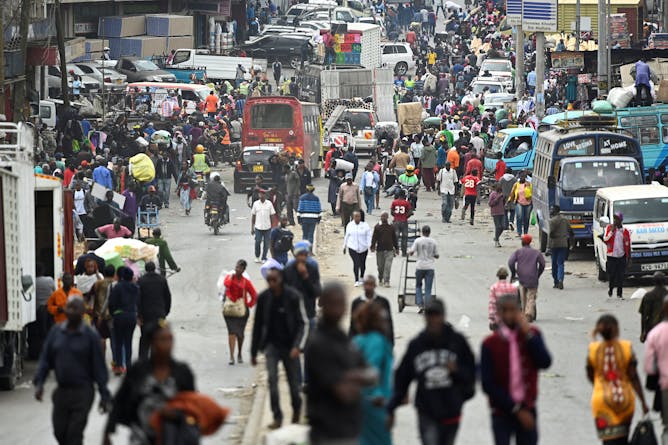
Countries that adopt ethnic recognition go on to experience less violence, more economic vitality, and more democratic politics.
Simon Maina/AFP via Getty Images
Elisabeth King, New York University; Cyrus D Samii, New York University
On average, countries that adopt ethnic recognition experience less violence, more economic vitality, and more democratic politics.
|
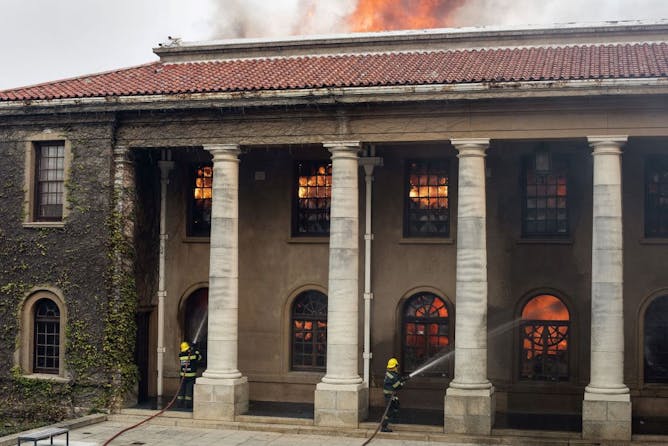
Firefighters trying to extinguish a fire in the Jagger Library, at the University of Cape Town.
RODGER BOSCH/AFP via Getty Images
Shannon Morreira, University of Cape Town
Losing archives has significant implications in a country like South Africa with a fraught and contested history because voices from the past, which may carry alternative histories, are lost.
|
Politics
|
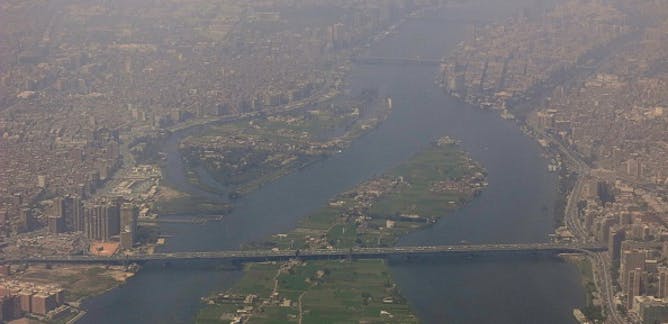
Sylvia Croese, University of the Witwatersrand; Ntombini Marrengane, University of Cape Town
Africa’s urban challenges are increasingly well known and documented. But the amount of data produced on urban Africa still pales in comparison to other parts of the world.
| |
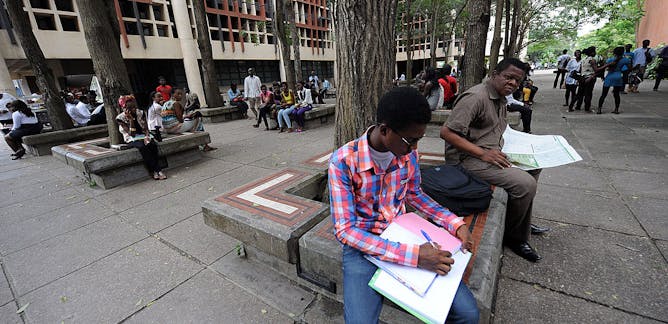
Nathan Oguche Emmanuel, PhD, Kogi State University
As the internet continues to alter traditional journalism practices, Nigerian universities must adapt to the times.
|
|
|
Health + Medicine
|
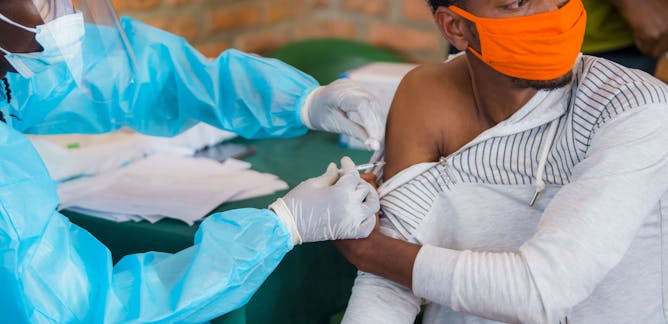
Agnes Binagwaho, University of Global Health Equity
Due to early logistical planning, Rwanda had the capacity to store 5 million doses before the vaccines arrived.
| |
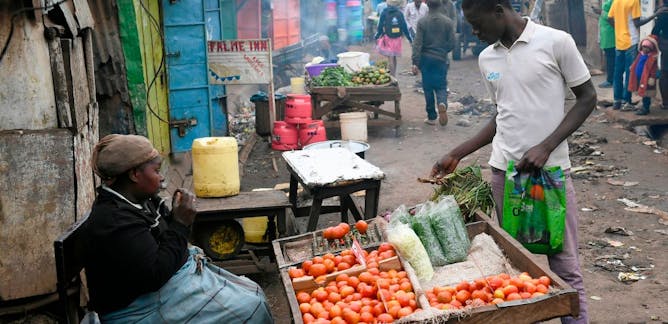
Matthew Shupler, University of Liverpool; Dan Pope, University of Liverpool
To cope with loss of income, some Nairobi households opted for cheaper foods, or conserved their cooking fuel by preparing smaller meals.
|
|
|
En español
|

Mónica Goded, Universidad Pontificia Comillas
Solo la cooperación internacional permitirá que los grupos vulnerables de los países en desarrollo puedan hacer frente a la enfermedad y a la falta de recursos económicos agravada por la pandemia.
| |
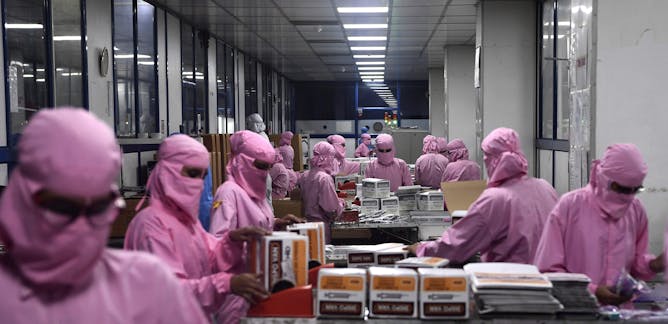
David Richard Walwyn, University of Pretoria; Padmashree Gehl Sampath, Harvard University
Los Gobiernos africanos, las empresas y los organismos donantes deben aunar esfuerzos para apoyar la fabricación local de vacunas y otros equipos sanitarios en el continente.
|
|
|
| |
Featured events
|

|
27 St Andrews Road, Parktown, Johanesburg, Gauteng, 2193, South Africa — University of the Witwatersrand
|

|
Robert Sobukwe Road, University of the Western Cape, Bellville, Cape Town, Western Cape, 7535, South Africa — University of the Western Cape
|
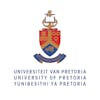
|
Online, Pretoria, Gauteng, 0083, South Africa — University of Pretoria
|

|
Robert Sobukwe Road, University of the Western Cape, Bellville, Cape Town, Western Cape, 7535, South Africa — University of the Western Cape
|
|
|
|
| |
| |
| |
Would you like to republish any of these articles?
|
|
It’s free to republish, here are the guidelines.
Contact us on africa-republish@theconversation.com in case you need assistance.
|
| |
| |
| |
| |
|
|
|
|
|
|
|